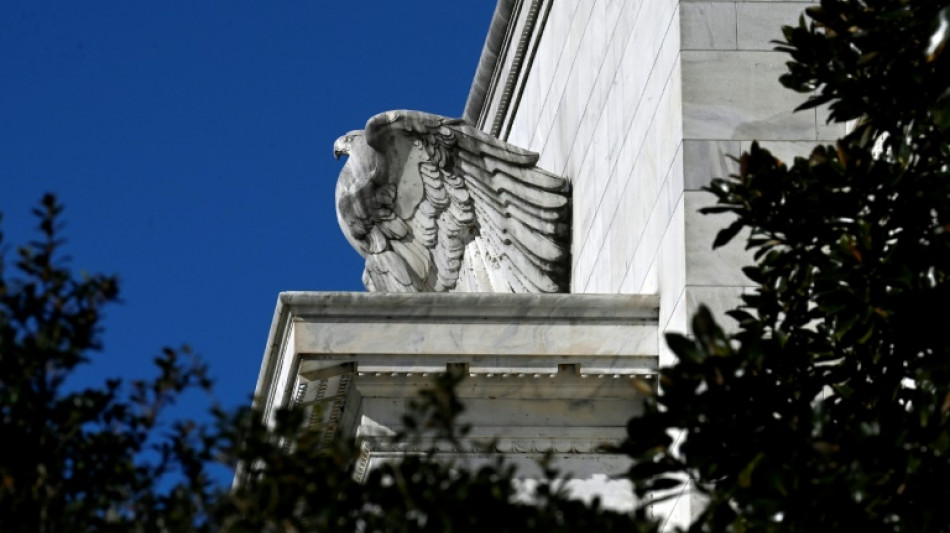
NY Fed president sees no need for 'big' rate hike in March

With high inflation hitting the US economy, it is time for the central bank to raise the benchmark borrowing rate, but there is no reason for a "big" early move, a top Federal Reserve official said Friday.
Instead, policymakers can "move steadily" to get the key lending rate off zero and back to more normal levels over the next year or more, New York Federal Reserve Bank President John Williams told reporters.
His comment downplayed expectations among many economists and investors that the Fed could move aggressively to raise interest rates by a half point in March to combat inflation, rather than its usual quarter-point increase.
"There's no need to do something extra at the beginning of the process of liftoff," Williams said in response to a question from AFP. "I don't see any compelling argument to take a big step" to start the process.
US inflation has hit the highest rate in four decades, battering President Joe Biden's popularity and hitting households and businesses in the world's largest economy.
Williams acknowledged prices rose higher and lingered longer than he was expecting, and left the door open to more aggressive action if the situation demands it.
"What I'm trying to convey is that we'll be moving in a series of steps" to get the policy rate up from zero to "more normal levels" of 2-2.5 percent.
The official, who serves as vice chair of the policy-setting Federal Open Market Committee (FOMC), said the central bank could "either slow down or move faster. But I don't see the need to do that at the beginning."
His stance runs counter to others, like St. Louis Fed President James Bullard, who has called for the central bank to "front load" its rate increases, and would be open to hiking outside the regularly scheduled meetings.
- March hike 'appropriate' -
Williams, in a speech delivered virtually to New Jersey City University, noted that the Fed also will begin to reduce the massive bond holdings built up as part of the pandemic stimulus efforts.
That, combined with higher interest rates, will help bring inflation back down to around three percent by the end of the year, Williams predicted, adding that he is confident the economy will continue to recover.
Markets already were anticipating the first of several rate hikes will come at the March 15-16 FOMC meeting.
Like other central bankers and officials in the Biden administration, Williams attributed much of the inflation increase to pandemic-related issues, including supply and transportation snags and labor shortages.
While the rapid improvement in employment is "great news," Williams said, "we have seen inflation rise to a level that's far too high."
"I expect it will be appropriate to raise the target range at our upcoming meeting in March," he said, indicating it would be the first of several hikes.
"Once the interest rate increases are underway, the next step will be to start the process of steadily and predictably reducing our holdings of Treasury and mortgage-based securities," Williams said.
The combined moves "should help bring demand closer to supply" and reduce price pressures.
"I am confident we will achieve a sustained, strong economy and inflation at our two percent longer-run goal," he said, projecting the Fed's preferred inflation measure will "drop back to around three percent" at the end of 2022 "before falling further next year as supply issues continue to recede."
A.Wood--TNT